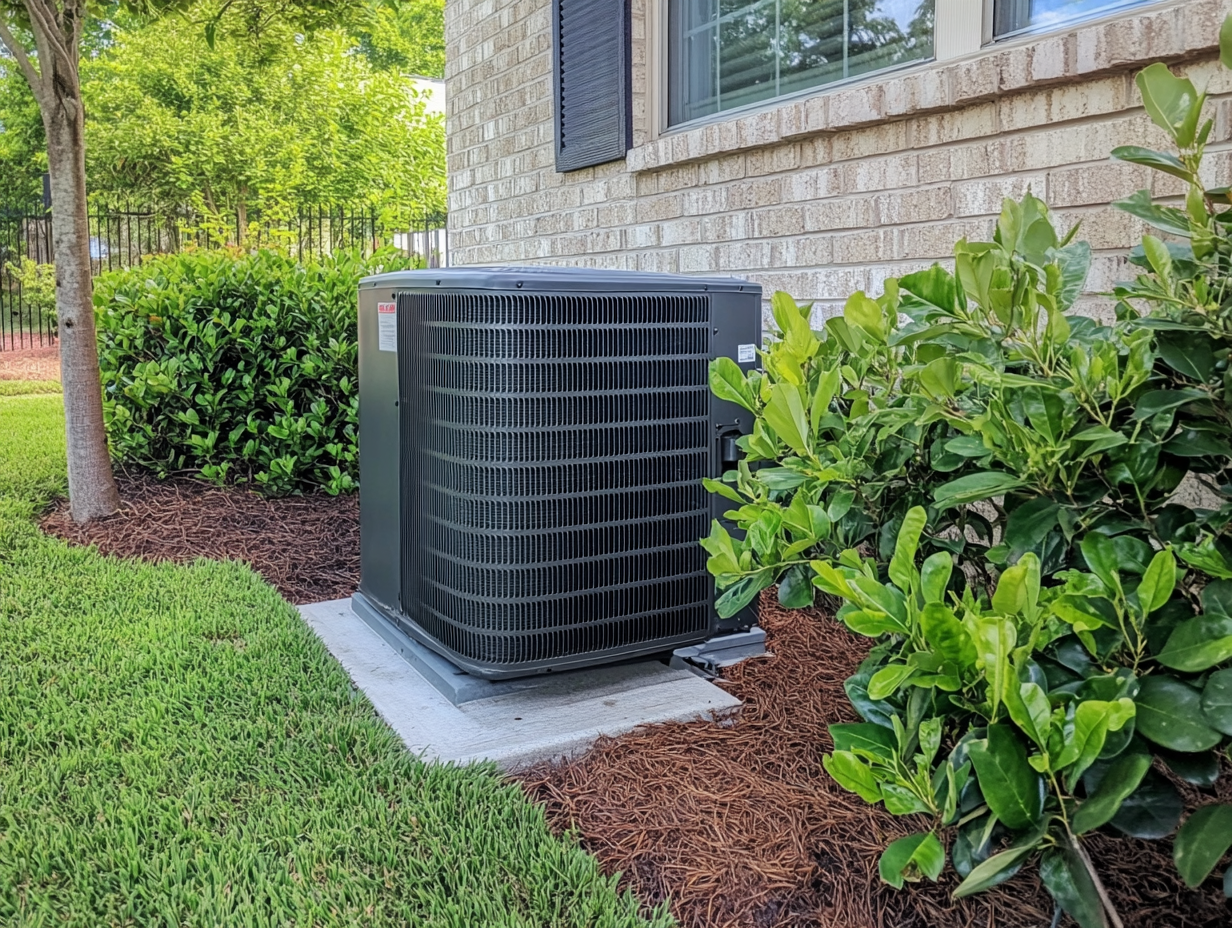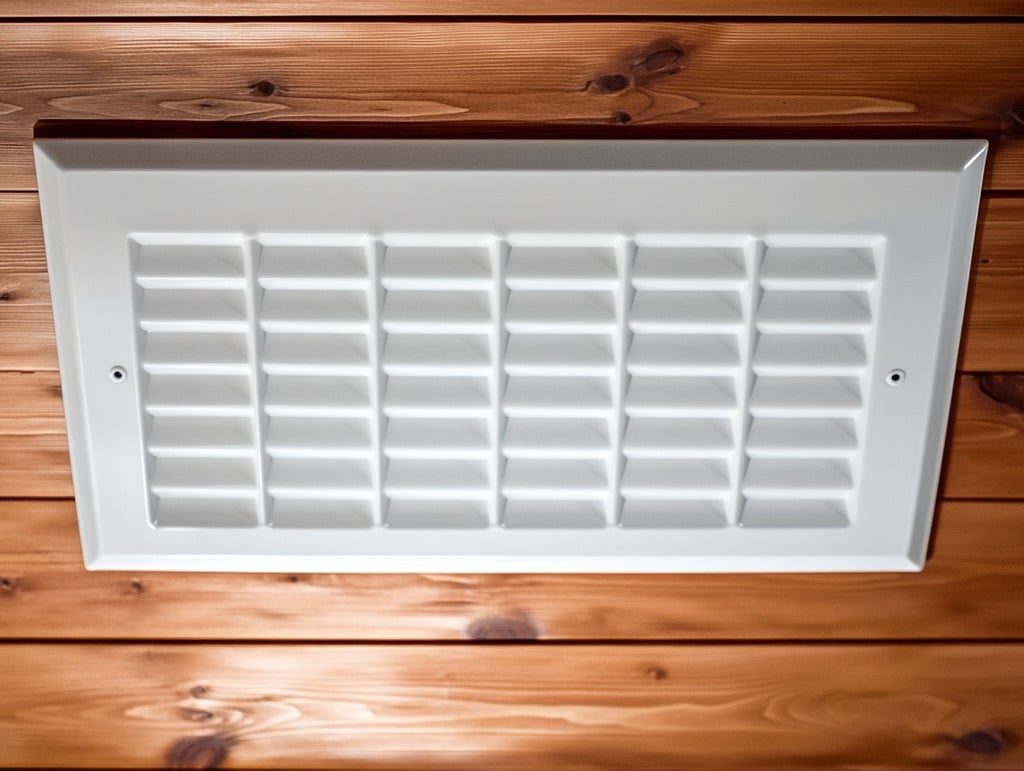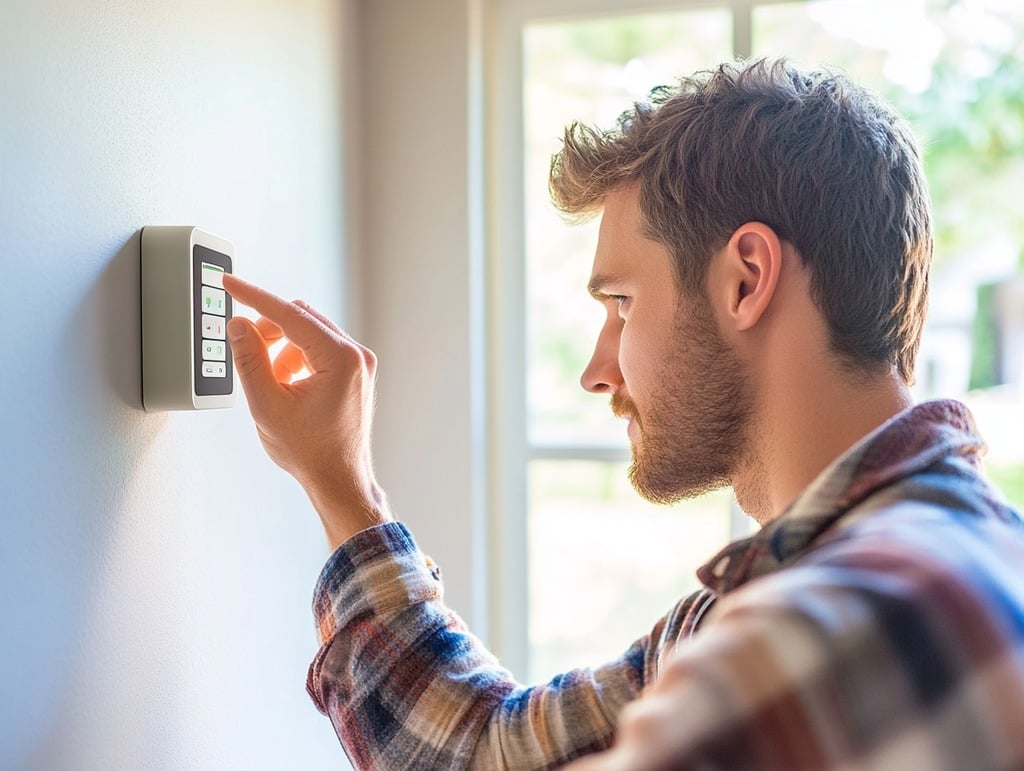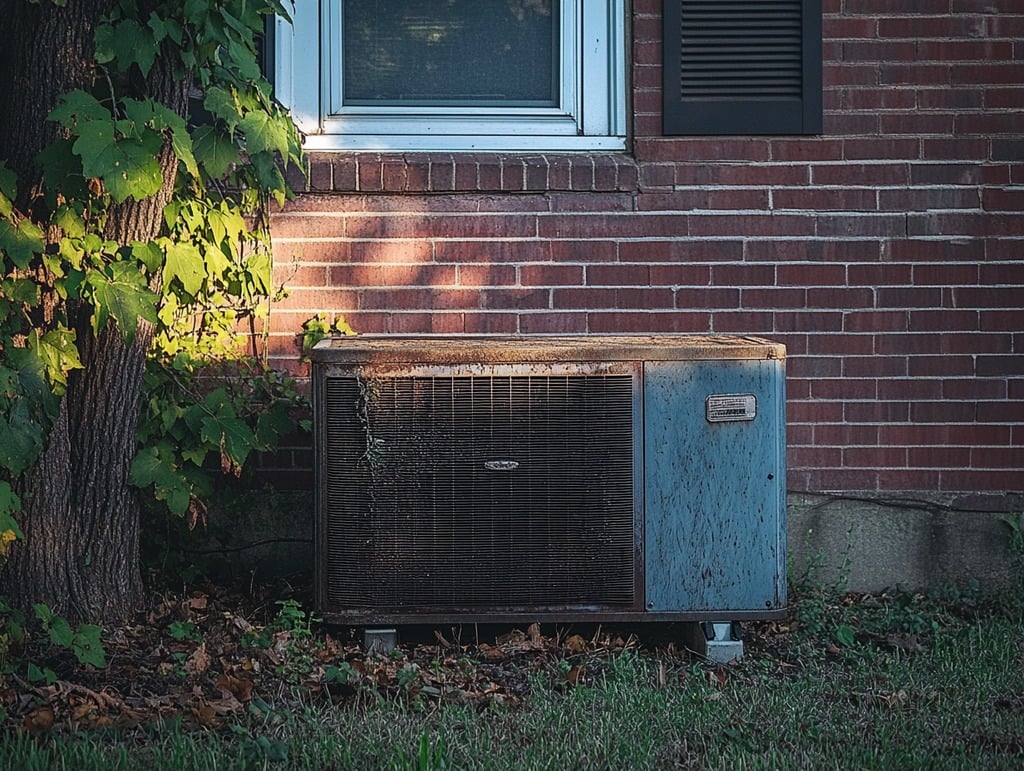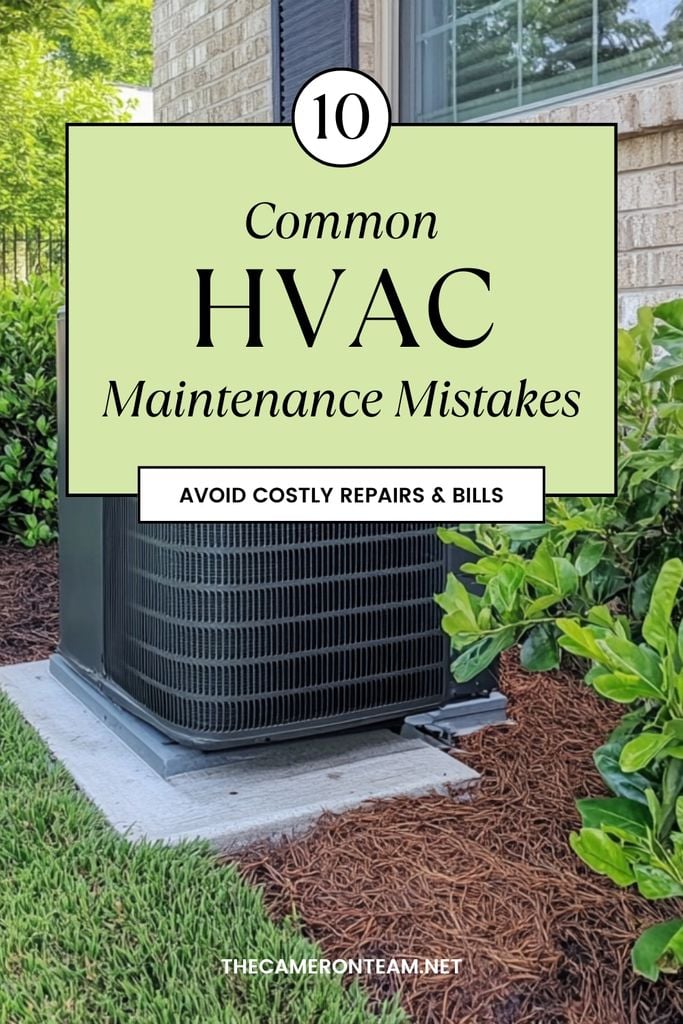HVAC systems work tirelessly to keep our homes comfortable, but they need a little TLC to keep running smoothly. Unfortunately, many homeowners unknowingly make mistakes that can lead to higher energy bills, decreased system efficiency, and costly repairs. To help you avoid these pitfalls, let’s look at the top 10 HVAC maintenance mistakes and how you can steer clear of them.
1. Skipping Regular Maintenance
One of the biggest mistakes homeowners make is skipping regular HVAC maintenance. Just like your car, your HVAC system needs routine check-ups to ensure it’s running efficiently. Regular maintenance, typically done twice a year, helps catch small issues before they turn into big (and expensive) problems. Don’t wait until your system breaks down to call a professional!
2. Neglecting Air Filter Replacement
Your HVAC system’s air filter plays a crucial role in maintaining indoor air quality and system efficiency. A dirty or clogged filter restricts airflow, causing your system to work harder and consume more energy. Not only does this increase your utility bills, but it also shortens the lifespan of your HVAC unit. Make it a habit to check and replace your air filter every 1-3 months, depending on usage.
3. Closing Vents in Unused Rooms
It might seem like a good idea to close vents in unused rooms to save energy, but this can actually do more harm than good. Closing vents disrupts the balance of your HVAC system, leading to pressure imbalances and potentially damaging the system. Instead of closing vents, consider installing a zoning system that allows you to control temperatures in different areas of your home more efficiently.
4. Ignoring Strange Noises
Strange noises coming from your HVAC system are often a sign that something is wrong. Whether it’s a rattling, banging, or squealing noise, it’s important not to ignore it. These sounds could indicate anything from loose parts to more serious mechanical issues. Addressing these noises promptly can prevent further damage and costly repairs down the line.
5. Improper Thermostat Settings
Setting your thermostat too high or too low can cause your HVAC system to work overtime, leading to higher energy consumption and wear and tear on the system. Additionally, constantly adjusting the thermostat can also strain the system. For optimal efficiency, set your thermostat to a consistent temperature that’s comfortable for your household. Better yet, invest in a programmable or smart thermostat that can automatically adjust settings based on your schedule.
6. Not Cleaning the Outdoor Unit
The outdoor unit of your HVAC system, often referred to as the condenser, plays a critical role in the cooling process. However, it’s easy to forget about it since it’s out of sight. Over time, dirt, leaves, and debris can accumulate around the unit, obstructing airflow and reducing efficiency. Make sure to clean the area around your outdoor unit regularly and remove any obstructions that could hinder its performance.
7. Overlooking Ductwork Issues
Ductwork is responsible for distributing conditioned air throughout your home. If there are leaks, gaps, or blockages in your ducts, your HVAC system has to work harder to maintain the desired temperature. This not only reduces efficiency but also increases your energy bills. Regularly inspect your ductwork for any signs of damage and seal any leaks with duct tape or hire a professional for a more thorough inspection.
8. Using the Wrong Size HVAC System
Installing an HVAC system that’s either too big or too small for your home can lead to a host of problems. An oversized system will cycle on and off frequently, leading to increased wear and tear, while an undersized system will struggle to maintain the desired temperature, causing it to run constantly. It’s crucial to have a professional calculate the correct size HVAC system based on your home’s square footage, insulation, and other factors.
9. Relying on Outdated Equipment
While it might be tempting to keep using your old HVAC system for as long as possible, outdated equipment can be inefficient and more prone to breakdowns. Modern HVAC systems are designed to be more energy-efficient and environmentally friendly, saving you money in the long run. If your system is over 10-15 years old, it might be time to consider an upgrade.
10. DIY Repairs and Installations
HVAC systems are complex, and trying to repair or install one on your own can lead to serious issues. Without the proper training and tools, you could inadvertently damage the system, void warranties, or even put your safety at risk. Always hire a licensed and experienced HVAC professional for any repairs, installations, or maintenance tasks.
FAQs
Q: How often should I schedule HVAC maintenance?
A: Ideally, you should schedule HVAC maintenance twice a year—once in the spring for your cooling system and once in the fall for your heating system.
Q: What’s the best temperature to set my thermostat to save energy?
A: A good rule of thumb is to set your thermostat to 78°F in the summer and 68°F in the winter. You can adjust these settings slightly for comfort, but these temperatures are optimal for energy savings.
Q: Can I clean my HVAC system myself?
A: While you can perform some basic maintenance tasks like changing filters and clearing debris from the outdoor unit, it’s best to leave more complex cleaning and repairs to the professionals.
Q: How do I know if my HVAC system is the right size?
A: An HVAC professional can perform a load calculation to determine the correct size system for your home. Factors such as square footage, insulation, and climate are taken into consideration.
Final Thoughts
Avoiding these common HVAC maintenance mistakes can save you money, improve your system’s efficiency, and extend its lifespan. Remember, regular maintenance and professional inspections are key to keeping your HVAC system in top-notch condition. By staying on top of these tasks, you’ll ensure your home stays comfortable year-round without any unexpected (and expensive) surprises.
Your HVAC system is an investment in your home’s comfort—take care of it, and it will take care of you!

